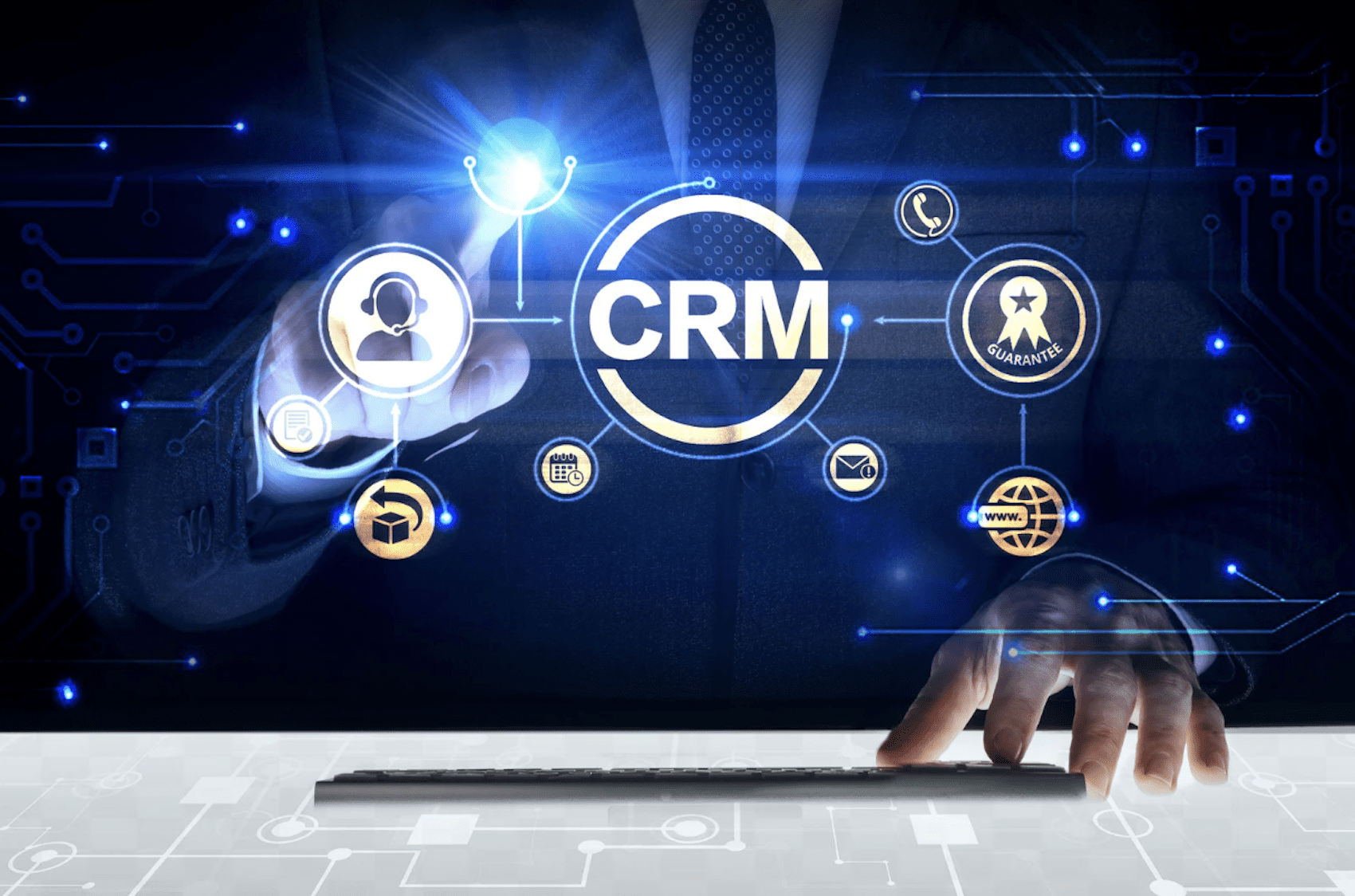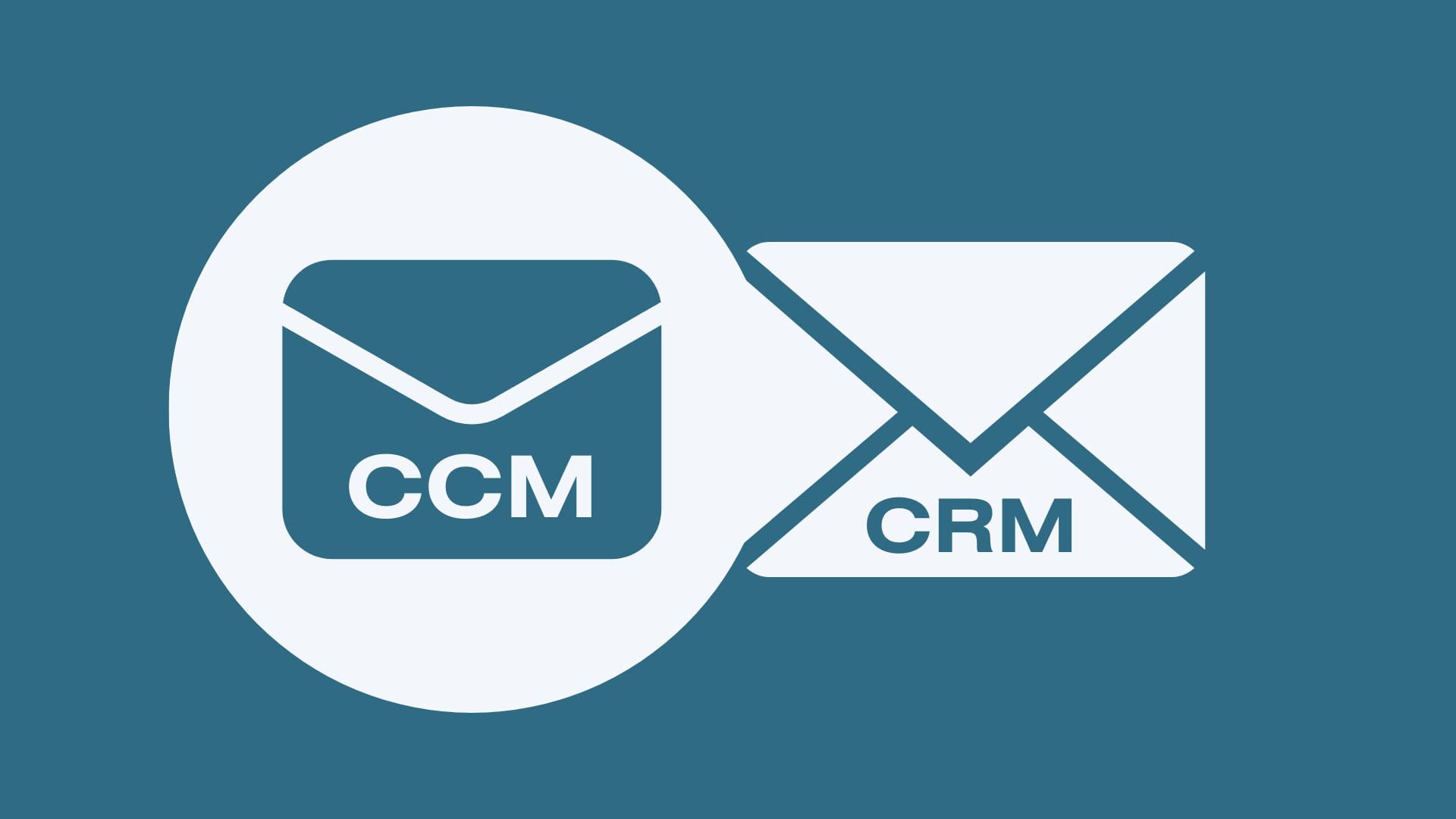If there is one thing that is certain about the world of customer communications management, it is that it’s ever-evolving and perpetually transforming.
For businesses that wish to thrive in markets governed by intense competition, adapting to the new era of customer communications is no longer a choice, it is indispensable for the success and continual growth of any business, across all sectors, and in any marketplace.
As pioneers in customer communication management, imail comms will help you dissect the similar yet distinct strategies of Customer Relationship Management (CRM) and Customer Communications Management (CCM), to shed light on how each framework serves unique facets of customer interactions.

Stick around to find out which system could be your ticket to genuine and profound customer relationships!
What Difference Does It Make?
Understanding the nuances between Customer Relationship Management (CRM) and Customer Communications Management (CCM) can significantly enhance how your business manages its outbound communications.
CRM is all about building and nurturing relationships with your customers; it’s your go-to for everything from tracking interactions to managing sales pipelines.
On the other hand, CCM focuses more on the essentials of communication. It ensures that every message you send is personally tailored and timely delivered, customising and improving the overall customer experience.
CRM: More Than Just Software
The significance of CRM should not be underestimated, as when utilised properly and creatively, it can, CRM becomes a trusted hub for your customer relationships rather than it being a simple software.
What Does a CRM System Do?
At its core, a Customer Relationship Management (CRM) system is your business’s powerhouse for managing all things customer-related.
It’s where you store customer data, from contact details to purchase history. This isn’t just about having enterprise software; CRM elevates your communications to unprecedented standards, particularly vital for financial institutions where precision and reliability are paramount.
But that’s just the beginning with CRM.

Why Businesses Love CRM
CRM systems transform the way businesses interact with customers, turning routine management into strategic engagement. These tools automate contact management and customer interactions, boosting sales productivity and adding warmth to customer relationships.
Beyond data management, CRMs leverage insights to anticipate customer needs and behaviours. This proactive approach not only enhances satisfaction among current clients but also creates a compelling atmosphere for potential customers.
In essence, CRM systems are not just about managing data; they’re about leveraging that data to improve your customers’ satisfaction by anticipating their needs and behaviours.
The Tools That Make CRM Work
A typical CRM focuses on features for contact communications management, which organises client information in a way that’s easy to access and use for everything from follow-up calls to personalised marketing department campaigns.
Analytical CRM tools are also pivotal across numerous critical aspects. They take the vast amounts of data you collect and turn it into actionable insights.
For instance, these customer data analytics can show you which products a customer might be interested in based on past purchases or which one of your various communication channels is most effective for reaching a particular segment.
CCM: The Power Behind Communications
Customer communication management is becoming the favourite management tool for many modern businesses. Your company can gather and analyse insights, utilise them for creating truly effectual operational strategies, and even boost your sales forecast accuracy.
The Mission of CCM in Today’s Market
Customer Communications Management (CCM) is your toolkit for refining and delivering relevant communications across various channels such as email, social media, and direct mail.
A CCM solution is designed to ensure that every message you send is both personalised and impactful, strengthening your business processes and creating a customer experience that truly feels personal.
A CCM solution takes the heavy lifting out of managing your communication channels. By automating this process, they make your operations smoother and keep your messaging consistent across all customer touchpoints.
It’s all about creating a positive customer experience with every interaction, ensuring that every message hits the mark and makes your loyal customers feel valued and seen.
Comparing Notes: CCM and CRM
Let’s pit CCM and CRM against each other and weigh up their pros and cons.
Handling Data and Talking to Customers
Diving into key differences between CCM and CRM, it’s clear that each serves a unique function.
CRM’s integrated approach is primarily about gathering and organising customer information, everything from basic contact details to complex data about purchasing habits and preferences.
This allows your business to build a comprehensive profile of each customer, creating a customer experience that captures the essence of personalised service and targeted marketing.
The Difference in a Nutshell
CRM is essentially all about ensuring that you uphold a record of every client with a detailed history of all interactions during your relationship.
On the other hand, CCM focuses on optimising how you communicate with your customers across various platforms. It ensures that every piece of communication is crafted to meet the needs and expectations of each individual customer.
CCM is essentially all about ensuring that create a relatable and personal customer experience that resonates and flickers in the minds of your clients next time they consider making purchases of similar concepts.
When CCM and CRM Meet: A Match Made in Business Heaven
Simultaneously integrating CCM and CRM software in your daily operations can cultivate a seamless flow between understanding your customers and communicating with them on a deeper level.
This synergy crafts a more interconnected strategy, where insights pulled from CRM data directly sharpen the messages sent through CCM and sales management software.
As a result, your business can reach higher levels of customer satisfaction and engagement, since every interaction is informed by a detailed understanding of your customer’s history and preferences.

Choosing the Ideal Fit
Choosing whether to implement CRM, CCM, or a combination of both depends largely on your business’s specific needs and goals.
If your challenge is to better understand and manage customer interactions, CRM is the essential tool.
If your focus is on improving the effectiveness and authenticity of your communications with customers, then CCM will provide the capabilities you need.
However, for most businesses, integrating both CRM and CCM offers the best of both worlds, comprehensive customer insight coupled with superior communication strategies.
It is only by harnessing the advantages of CRM automation and the distinctiveness of CCM personalisation that you achieve genuine growth in the mechanics of your communications and your overall operational efficiency.
This is what imail comms does best. We always aim to revolutionise the strategies to customer management, and we innovate the resources to enable genuine interactions and consistent communicational creativity.
Remember to join the waiting list for our communications paradigm-shifter; imail 2.0, the one app to replace them all.
Frequently Asked Questions (FAQ’s)
Let’s explore some common questions to clear up any uncertainties you might have about CRM and CCM.
Can small businesses effectively use CRM and CCM?
Certainly, CRM and CCM are incredibly versatile and can be customised to fit the scale and scope of small businesses. They help streamline your customer management and communication processes, ensuring every interaction is meaningful, even when you’re running a tighter ship.
Are CRM and CCM systems compliant with GDPR and other regulations?
Indeed, they are. CCM and CRM systems are crucial for navigating the complexities of GDPR and other privacy regulations. They manage customer data with high security and simplify regulatory compliance, such as handling consent and data deletion requests with ease.
What are the cutting-edge trends in CRM and CCM technology?
Artificial Intelligence (AI) and machine learning are at the cutting edge, revolutionising CRM and CCM platforms. These technologies can enhance the ability to predict customer behaviours, automate repetitive tasks, and tailor communications more effectively.






Leave A Comment
You must be logged in to post a comment.